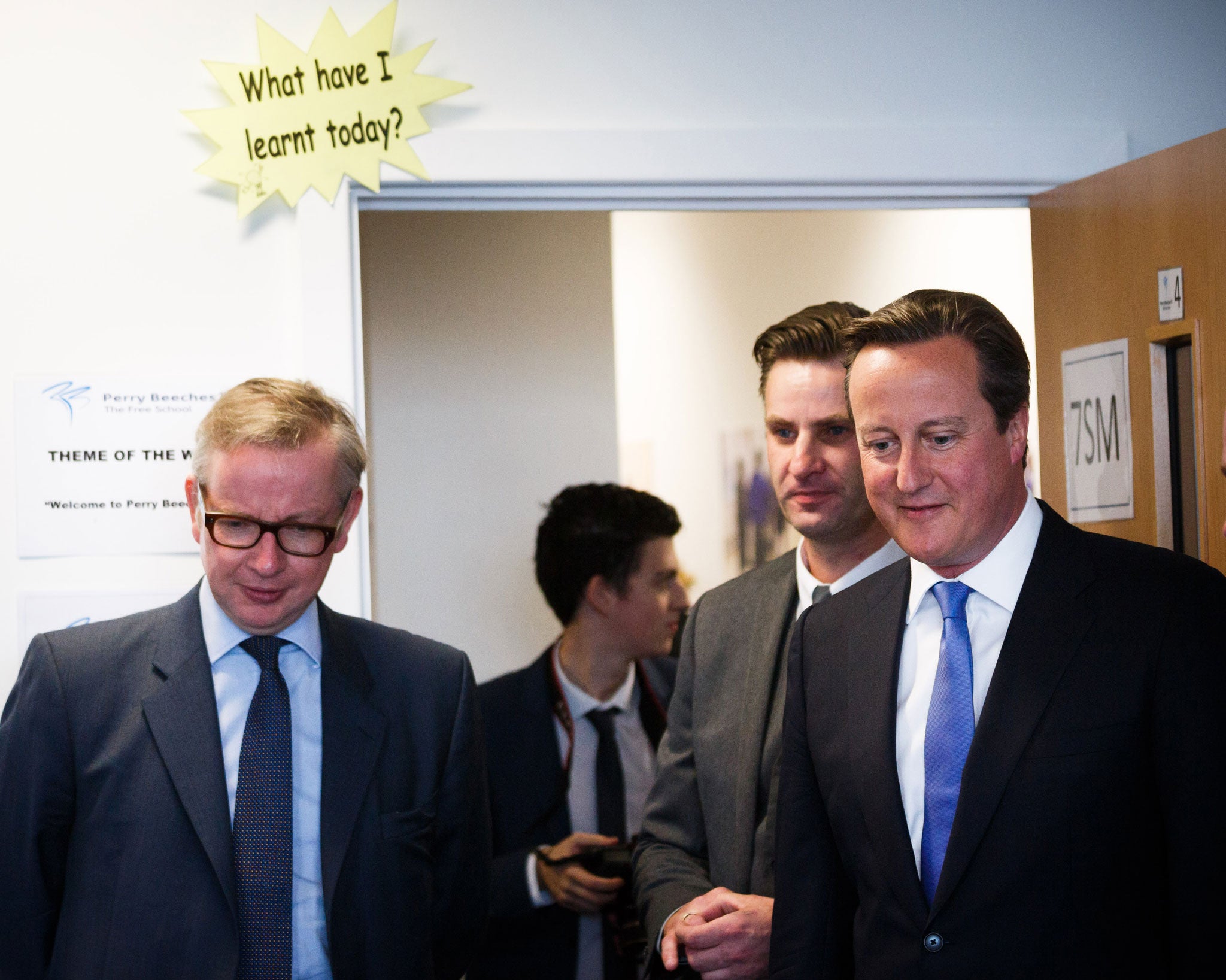Can you teach joy? Well, you could certainly do a lot better than this
As the ATL warn of exam "drilling", our curriculum heads further into learning by rote

As the school term – along with the piles of outgrown uniforms and the fetishisation of stationary purchases – scrambles into life once more, thousands of new A-level students are thinking about upping their grades. Their younger peers, preparing to face a winter of 7+, 11+ and 13+ exams, lay waste to pages of practice papers and costly manufactured test books. It is perhaps an old-fashioned question to ask of a curriculum that seems so hell-bent on endowing all children with the same eerie verisimilitude of knowledge but: where is the joy in all of this?
Alison Sherratt of the ATL proffered this very question earlier this week as a critique of regimented timetables and tests, which squash education into test-assessed corners and take no account of the different ways that children learn.
The eternal problem with expecting schools to cater to the needs of individual children and engender in every student a love of broad curriculum-based learning is that it is impossible. No teacher can be expected to teach multiple different lessons at once, not least in primary schools where class sizes are already ballooning over the 30 child mark in order to accommodate the 256,000 excess pupils expected by 2014. Moreover, I would hazard the statement that you can’t teach enjoyment.
The social value of knowledge for its own sake went out of date with the birth of industry – when entry to the top professions was no longer a matter of knowing your Greek and Latin and having a grasp of circuitous law books. But outdated or not, it’s an idea our culture and certainly our national curriculum (criticised in its most recent permutation for being “old-fashioned” and “memory-based”) still gives credence to.
There is a disjunction here: while Sherratt and the ASCL, which has questioned whether the new curriculum belongs in the 21st century, are calling for more space to enjoy education, the government are fostering what is essentially an traditionalist, Anglo-centric curriculum based on test scores and divisive free schools.
Perhaps Gove saw his tweaks to the curriculum as one form of promoting knowledge for its own sake - but patriotism, old-fashioned rote learning and a few slashes to modules and assessments at A-level are not going to elicit joy and self-confidence in today’s school children.
As it is, we have produced a population of over 1 million NEETs, 33 per cent of whom consider themselves depressed and 40 per cent of whom feel they are not part of society. There is more at stake here than just the joy of learning; it is a whole attitude that we are instilling when we educate. Until drastic changes are made to the curriculum from the bottom up and our culture ceases to perpetuate the idea that stress equals success, the stats won’t change.

Join our commenting forum
Join thought-provoking conversations, follow other Independent readers and see their replies